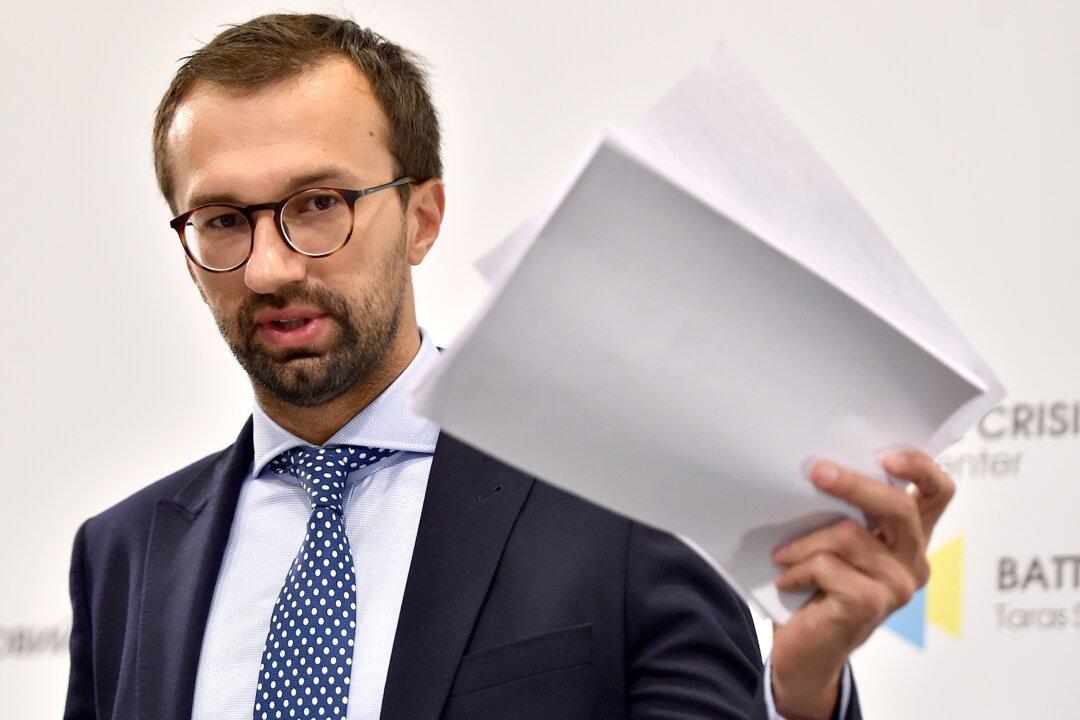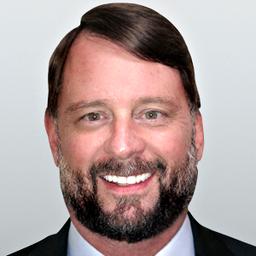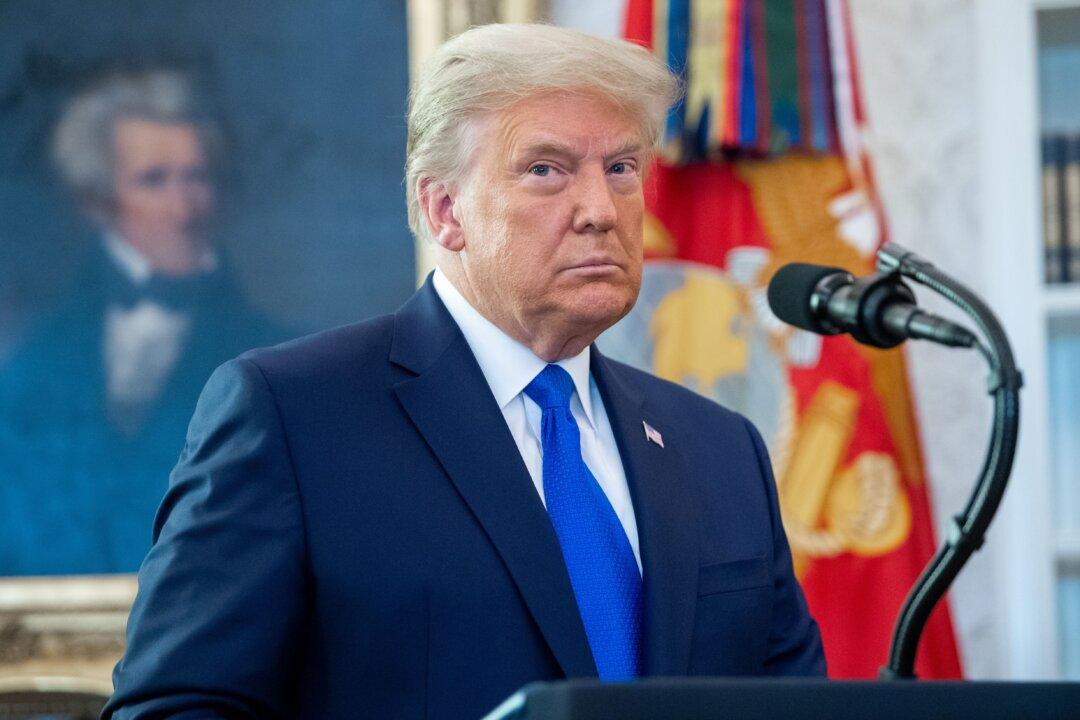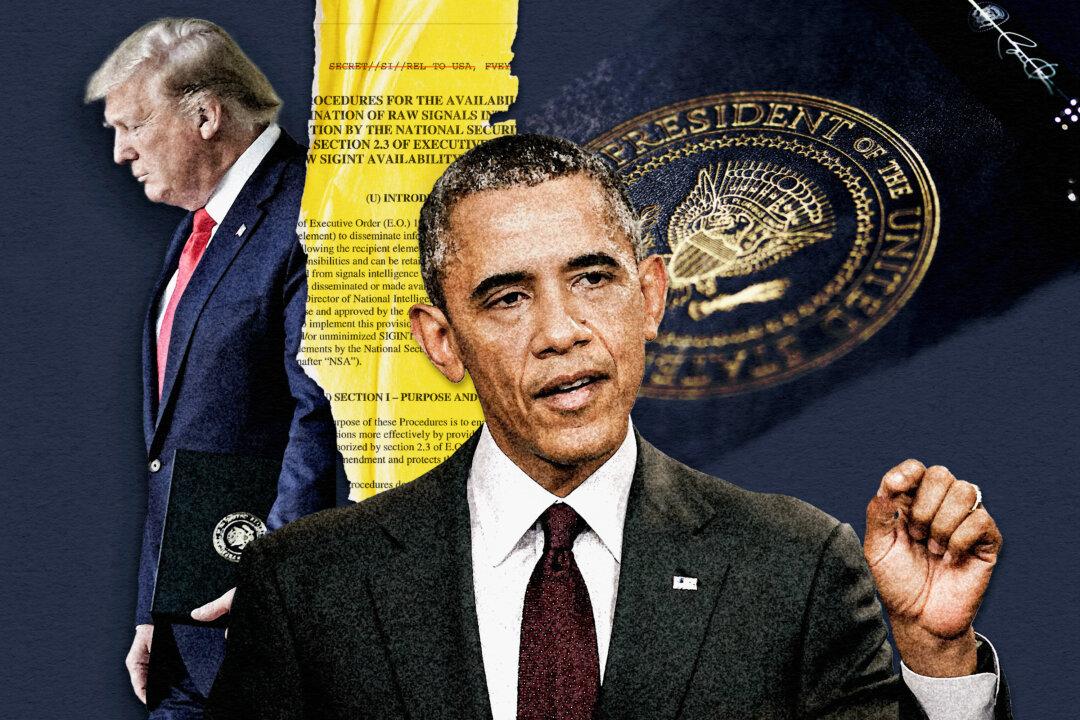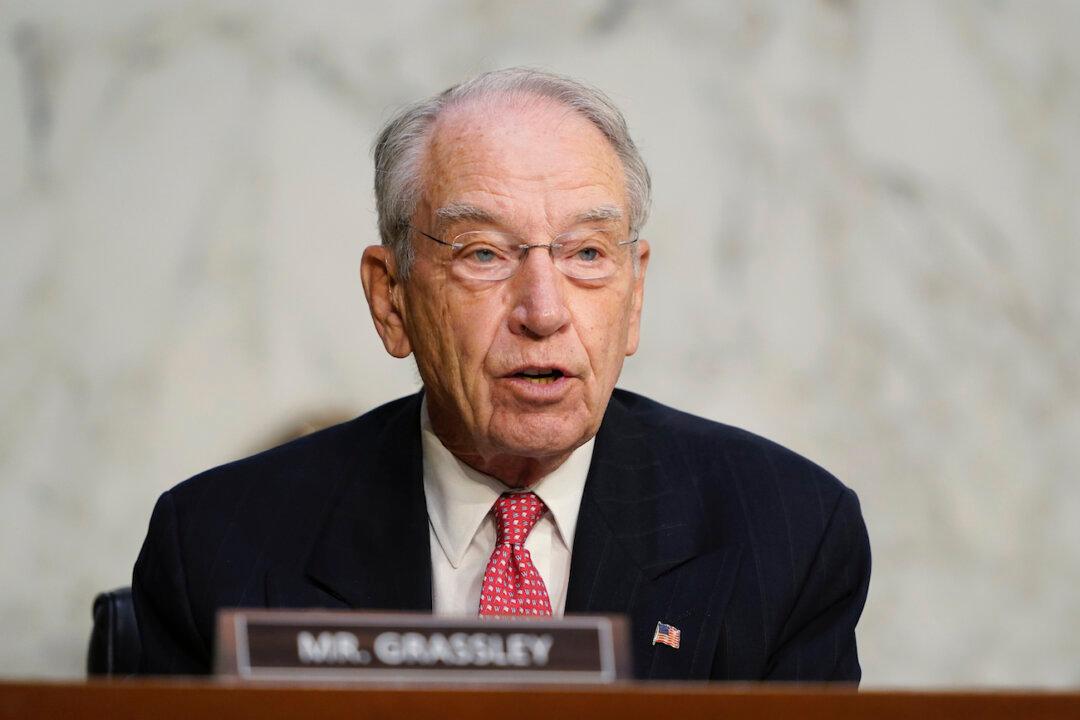While special counsel Robert Mueller has concluded there was no evidence of collusion between the Trump campaign and Russia, some of the key people in creating the Russia-collusion narrative themselves have ties to a foreign nation.
Both the Democratic National Committee as well as Fusion GPS—the company hired by the DNC and the Clinton campaign to research the Trump campaign—were using Ukrainian sources in their efforts to discredit Trump.
